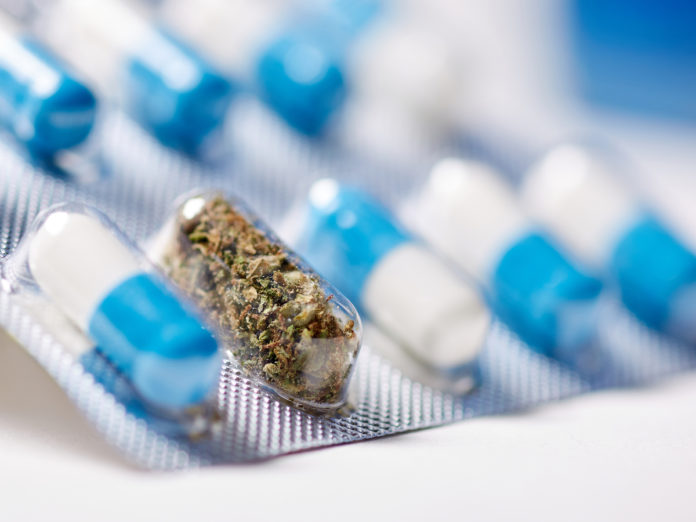The Food and Drug Administration (FDA) seemed to launch an all-out blitz against CBD’s growing popularity this week. In an update provided by the agency, it expressed concern that consumers may be too dismissive of safety concerns related to CBD products.
“The FDA is concerned that people may mistakenly believe that trying CBD ‘can’t hurt.’ The agency wants to be clear that we have seen only limited data about CBD’s safety and these data point to real risks that need to be considered. As part of the drug review and approval process for the prescription drug containing CBD, it was determined that the risks are outweighed by the benefits of the approved drug for the particular population for which it was intended. Consumer use of any CBD products should always be discussed with a healthcare provider. Consumers should be aware of the potential risks associated with using CBD products.”
In particular, the FDA cited potential liver damage as a result of CBD use as well as male reproductive issues and CBD’s interactions with other medications patients may be taking.
Principal Deputy Commissioner of Food and Drugs Amy P. Abernethy, M.D., Ph.D., took to Twitter to echo the FDA’s consumer update through a flurry of tweets.
Often, people wrongly think that the myriad of CBD products on the market have been evaluated by FDA and determined to be safe, or that trying CBD can’t hurt. Aside from one prescription drug, CBD products have not been approved by FDA.
— Dr. Amy Abernethy (@DrAbernethyFDA) November 25, 2019
“Often, people wrongly think that the myriad of CBD products on the market have been evaluated by FDA and determined to be safe, or that trying CBD can’t hurt,” Abernethy said in one of her tweets. “Aside from one prescription drug, CBD products have not been approved by FDA.”
Many would agree CBD needs further scientific scrutiny, but producers and consumers still have no clear set of federal guidelines despite passage of the 2018 farm bill nearly a year ago, which removed hemp and its derivatives from the Controlled Substances Act.
The removal, without adequate follow up from federal agencies, has been causing confusion and has placed hemp and CBD in legal limbo. Many producers believe they are operating legally only to receive surprise enforcement letters from the FDA.
That was the case this week when fifteen companies received warning letters for producing certain CBD products. These letters seem related to companies including hemp and CBD in edible products or in dietary supplements. CBD is not currently an FDA approved food additive.
CBD producers and customers are not alone in seeking clarification. Senate Majority Leader Mitch McConnell (R-Ky.) has been pressuring FDA to release temporary guidelines to be used until permanent regulations are drafted.


